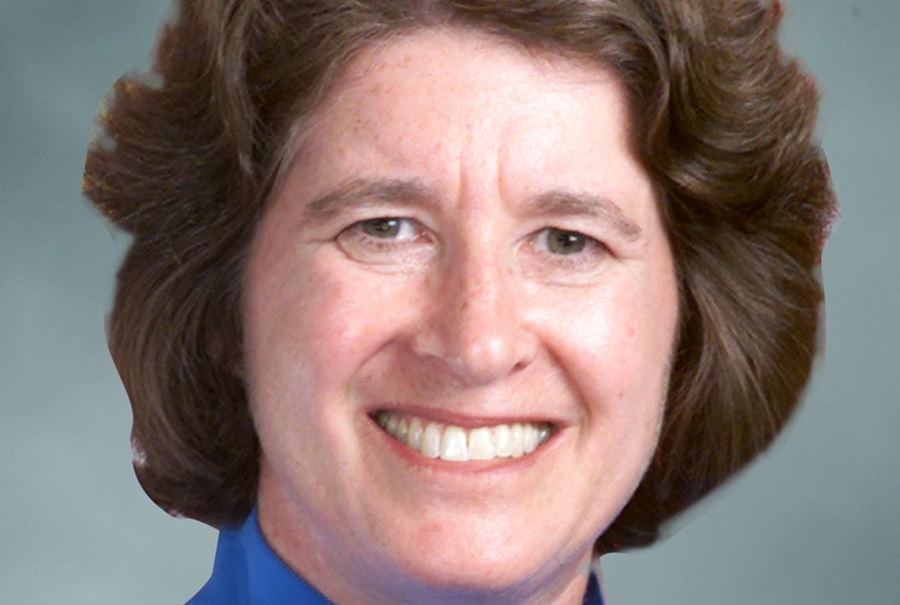To many Americans, Super Bowl Sunday is about football, Buffalo wings and beer — yet there is an unspoken dark side behind this annual tradition. Government agencies that monitor human rights issues have labeled the big game as the single largest magnet for sex-trafficked victims in the world.
That doesn't mean, however, that more Americans exploit victims of human trafficking than people who attend other large sporting events — such as the Olympic Games and World Cup — in countries around the globe, say investigators from Weill Cornell Medical College and Queen Margaret University in Edinburgh, Scotland. The difference, the investigators note in their study, published Dec. 29 in Public Health, lies in the robust reporting and tracking systems implemented in the United States to bring this invisible criminal enterprise — one of the fastest growing and third largest in the world — into the public light.
"What we need to address is that governments shouldn't have a head-in-the-sand attitude about sex trafficking and pretend that it doesn't exist, because everyone knows that it does," said senior author Dr. Madelon Finkel, a professor of clinical healthcare policy and research at Weill Cornell.
The findings, the investigators say, underscore the need for countries that host large, global sporting events to have a detailed plan outlining ways to provide public health services to victims of sex trafficking, as well as robust law enforcement measures.

Dr. Rebecca Finkel
"I think this has to be part of hosting a mega event," said lead author Dr. Rebecca Finkel, a senior lecturer in Queen Margaret's School of Arts, Social Sciences and Management. "How are you going to approach the issue of sex trafficking — of this illegal trade in people. It's about not making the victims twice a victim. Driving it more underground is not going to make it go away."
To better understand the scope of sex trafficking at large sporting events, the investigators conducted a search of all of the known scientific literature. While they found a paucity of such studies, those they did find not only confirmed the public health implications inherent in the criminal enterprise, but also demonstrated that researchers have only scratched the surface in understanding this complex human rights issue.
Victims of sex trafficking are at an alarming risk for tuberculosis, sexually transmitted diseases and HIV/AIDS, but are largely denied access to healthcare until their conditions are at advanced stages, the investigators said. As a result, men who engage in unprotected sexual activities with these victims run the risk of spreading these and other infectious diseases to the public.
In addition, these victims often face intense physical and sexual violence and abuse. The psychological toll inflicted on them often leads to depression, substance abuse, post-traumatic stress disorder and suicide attempts, the investigators noted.
"Particularly in Europe, there are clinics that make sure that men and women voluntarily engaged in the sex industry are examined," Dr. Madelon Finkel said. "But how do you provide basic physical and mental health services to sex-trafficked victims if you can't even find them. That's why it's so important to bring this dirty downside to light and raise awareness."

